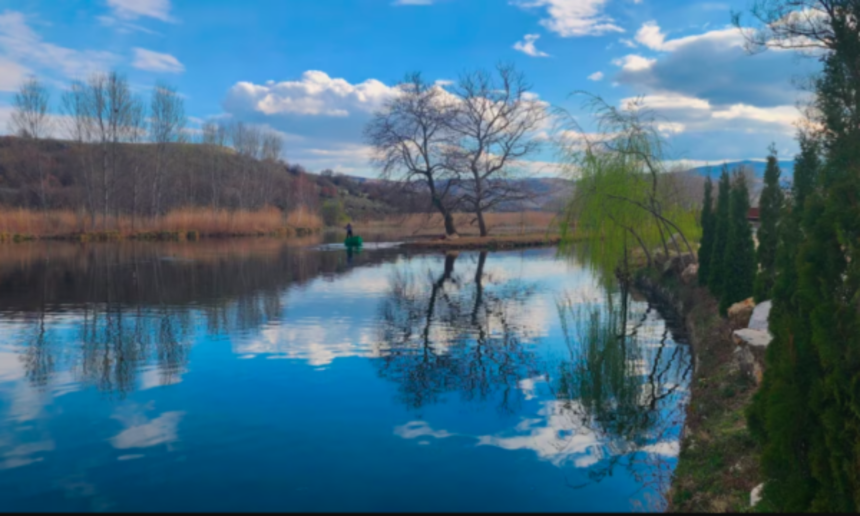UNESCO’s World Heritage Center has recommended that Lake Ohrid be included in the World Heritage in Danger list following a recent mission conducted from March 25-29, 2024. This move comes after UNESCO monitoring reports pointed out significant threats to the natural and cultural integrity of the lake, which spans across Albania and North Macedonia.
According to UNESCO’s mission report, Lake Ohrid meets the criteria for inclusion in the endangered list due to slow and inadequate progress in conservation efforts. Despite being recognized as a World Heritage site, the property faces severe risks, including poor legal protection, lack of effective management, urban development, and pollution.
UNESCO Mission Findings: Slow Progress and Serious Risks to Lake Ohrid’s Conservation
The mission’s findings indicate that the property remains highly vulnerable due to ineffective planning and management at both national and international levels. UNESCO’s experts observed that the negative impacts of urban development, unsustainable planning, and increasing pollution continue to jeopardize the ecological balance of the lake. The report warns that failure to take decisive action could lead to irreversible degradation, which may cause the loss of its outstanding universal value.
One of the key environmental concerns is eutrophication, caused by untreated wastewater, which has significantly impacted the fish populations and biodiversity of the lake. In addition, construction and development near the lakeside are threatening the area’s unique cultural and natural landscapes, crucial to the site’s World Heritage status.
Urgent Action Needed to Protect Lake Ohrid’s Unique Value
UNESCO urges Albania and North Macedonia to intensify efforts to restore the lake’s protection and management strategies. Despite some local improvements in conservation measures, the report highlights the ongoing lack of sufficient resources and political will to implement effective measures across both countries. UNESCO also notes that the lack of cooperation between the two nations in managing the cross-border heritage site is a major obstacle to successful conservation.
The report stresses that urgent, coordinated action is essential to avoid the permanent loss of Lake Ohrid’s unique biodiversity and cultural heritage. UNESCO further emphasized that both countries need to provide the necessary financial and institutional support for the recovery of the lake’s ecological and cultural values.
Time is Running Out: Joint Report Due by February 2025
Albania and North Macedonia have until February 1, 2025, to submit a joint report detailing the progress made on UNESCO’s recommendations. The international body made it clear that failure to take appropriate action could result in the site’s inclusion on the World Heritage in Danger list.
Lake Ohrid, one of the oldest lakes in the world, is a major natural and cultural landmark in the Balkans, recognized for its rich biodiversity and historical significance. The lake’s UNESCO World Heritage listing, initially awarded to North Macedonia in 1979 and extended to Albania in 2019, is under serious threat unless immediate conservation efforts are prioritized.
For the preservation of Lake Ohrid, both countries must act swiftly to prevent further environmental degradation and safeguard its place on the World Heritage list.







